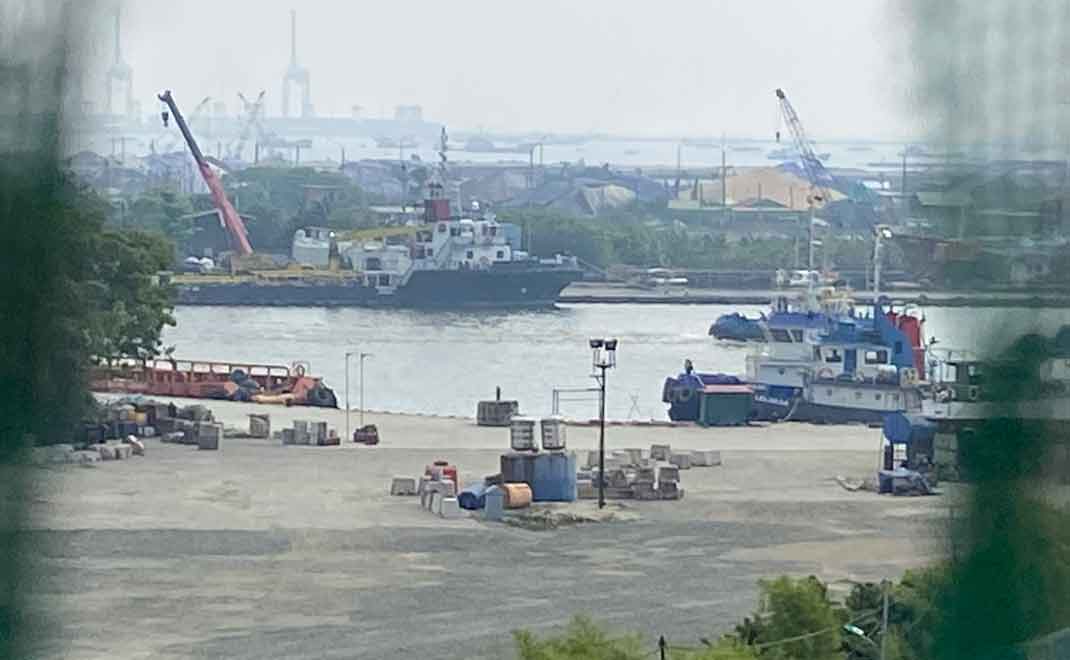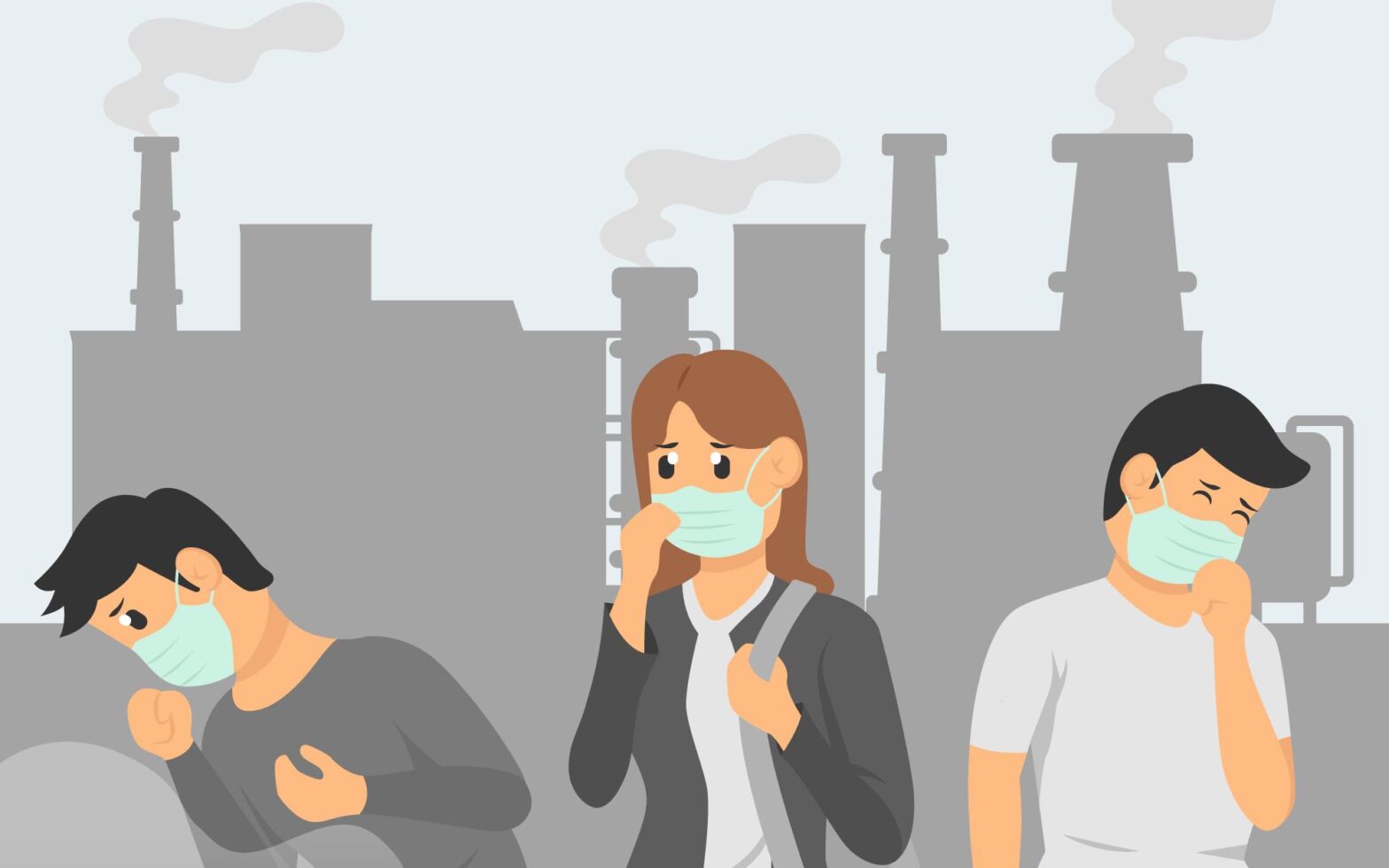Journalists will produce stories that will highlight disproportionate impacts of air pollution on women, children, and other marginalized communities
Air pollution is one of the biggest challenges in Indonesia and across the world, posing serious threats to human health, economy, and the overall ecological balance. Data from the Jakarta Environmental Agency air quality monitoring station (SPKU) in Kebon Jeruk shows in 2019, Jakarta experienced 8 days of poor air quality where the PM 2.5 level was above 200. (The U.S. Air Quality Index lists 151-200 as unhealthy air quality, in which some members of the general public may experience health effects; members of sensitive groups may experience more serious health effects.)
Air pollution and its associated public health risks have caught the attention of policymakers and researchers, but there is a lack of common understanding of this complex issue by journalists – and by extension, the general public it is their responsibility to inform.
A 2017 report published by the World Health Organization in the WHO South-East Asia Journal of Public Health found that air pollution risks are poorly reported on, and coverage is mostly one-dimensional and sometimes even misleading. The limited reporting – studied in the Indian media context but equally applicable to Indonesia – could be due to the complex nature of air pollution science and the barriers to understanding air quality data, as well as inadequate information available to journalists.
As part of Clean Air Catalyst, a global consortium that aims to combat air pollution, Internews’ Earth Journalism Network conducted a workshop from 2-4 August, 2022 in Jakarta, Indonesia, to train 27 journalists to improve their knowledge of air pollution issue, and to further strengthen the quality and quantity of air pollution coverage in Jakarta.
An open story grant call was then announced for journalists to put the training they received into practice. After careful consideration, EJN has selected 12 journalists across media platforms for story grants to report on air pollution in Jakarta:
- Anastasia Ika, Jakarta Globe
- Arfyana Citra Rahayu, Kontan
- Ellyvon Pranita, Kompas
- Glenys Octania, Kompas TV
- Jessica Ruth Andina, Narasi TV
- Karina Eka Dewi Salim, Prohealth
- Kennial Caroline Laia, Betahita
- Marina Azhari, Konde
- Riyan Setiawan, Tirto
- Valda Kustarini, Kantor Berita Radio (KBR)
- Wulan Kusuma Wardhani, The Jakarta Post
- Zainur Mahsir Ramadhan, Republika
These journalists will work closely with EJN mentors to produce in-depth, human-centered stories on air pollution.
“This is a great opportunity for many journalists in Jakarta to dive deeper into the sources of air pollution that’s choking residents in the capital, hearing from the experts and government about what is being done and the challenges they face,” said Florence Armein, EJN’s Senior Indonesia Coordinator.
“More importantly, these story grants encourage in-depth interaction with communities on the ground that are directly impacted by air pollution. We look forward to seeing some impactful stories,” said Armein.
Their work will be published in Bahasa Indonesia and English in local media outlets and will highlight the disproportionate impacts of air pollution on women, children, daily wage workers and other marginalized communities.
They will delve into the various sources of air pollution, from indoor cooking stoves to vehicles to landfills to coal power plants, and the strategies and policies being implemented to curb this interconnected environmental, public health and climate crisis.
Learn more about the Clean Air Catalyst project here and look out for grantees’ stories on the EJN website.


